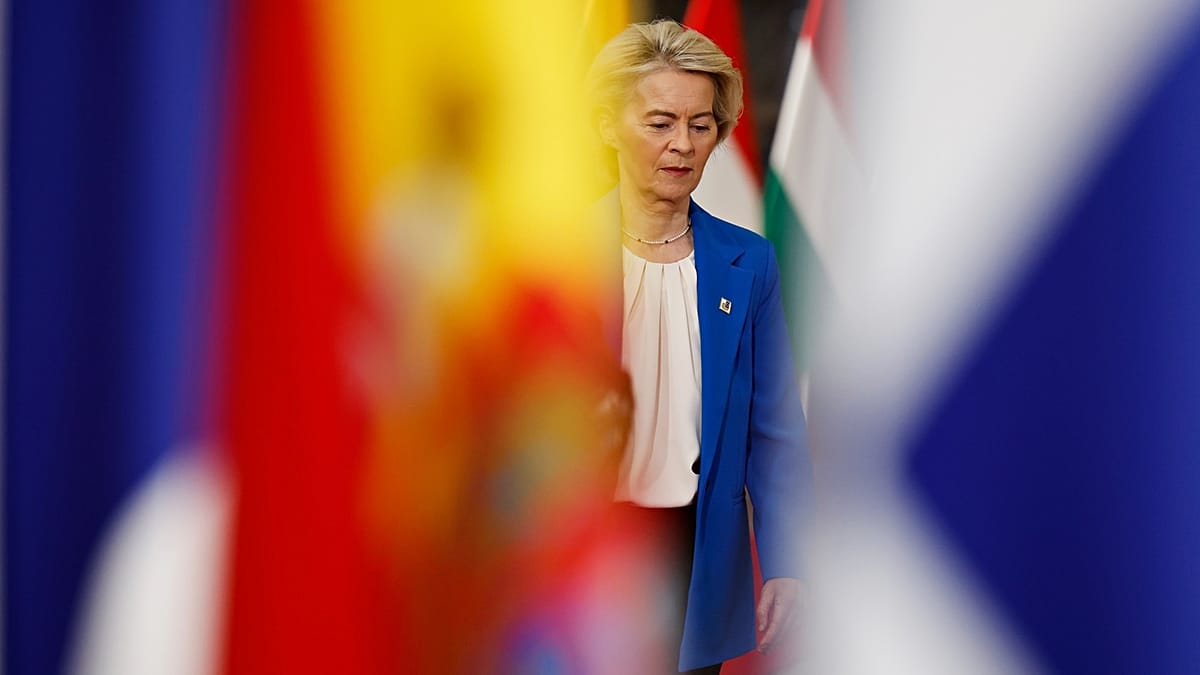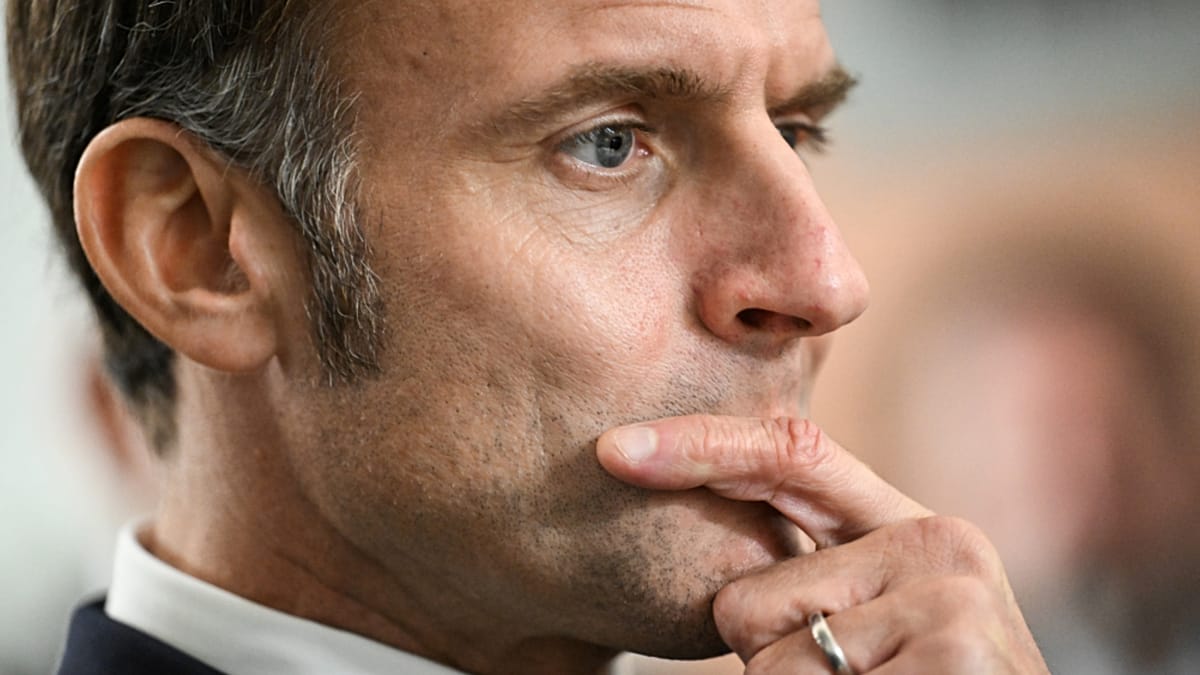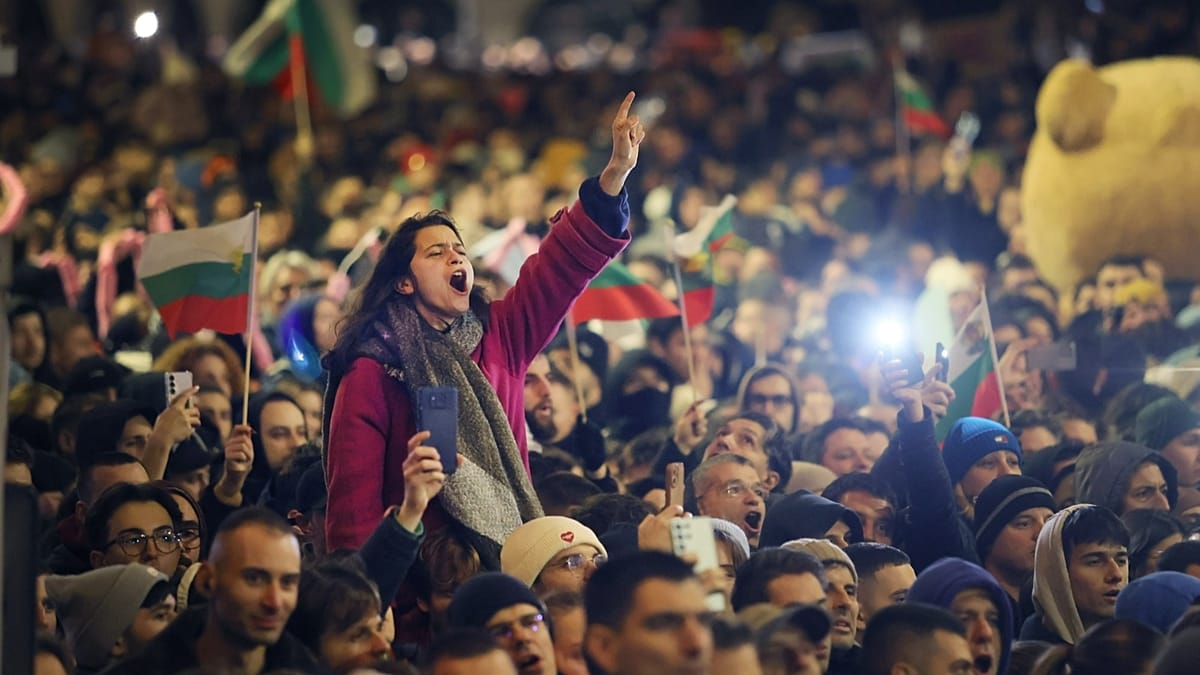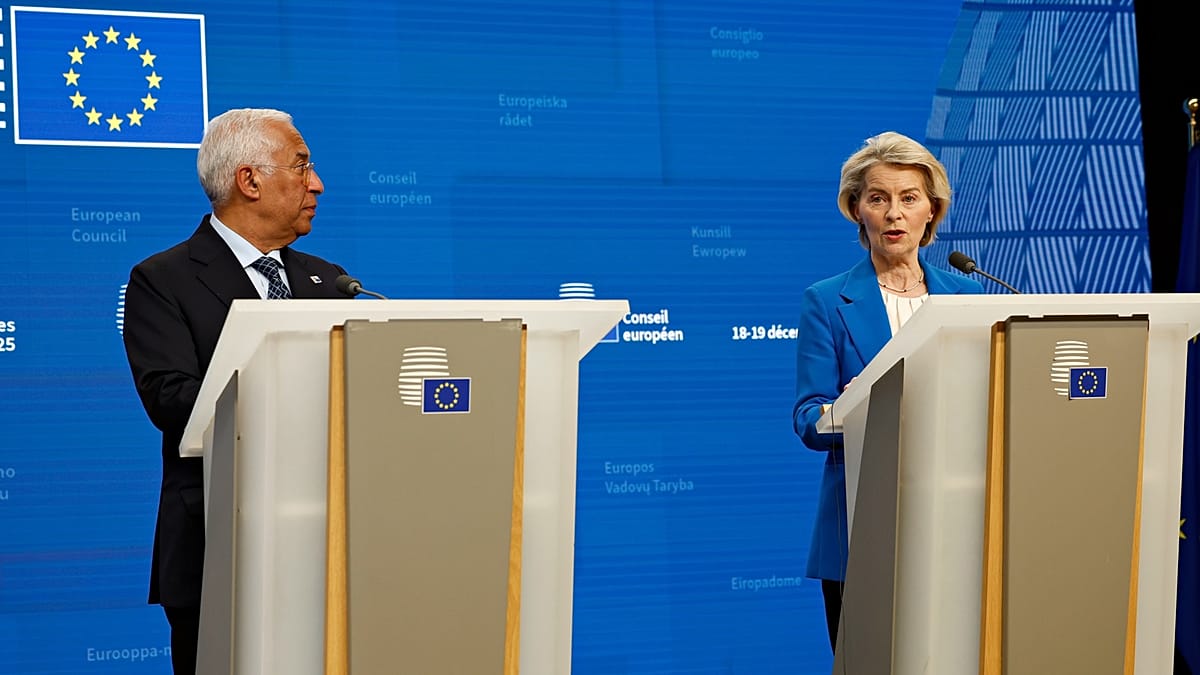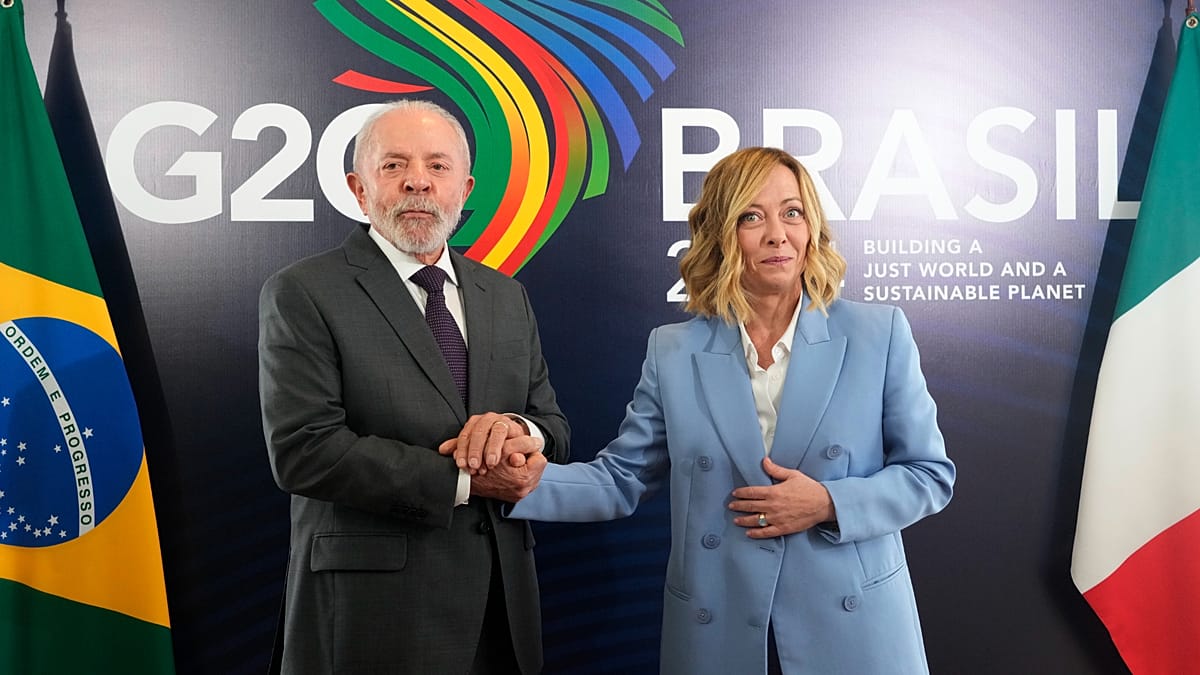
Labour leader Chris Hipkins says his party has “listened and learned” since its 2023 election defeat and would go into next year’s campaign with a “different set of policies” focused on fairness, productivity and keeping young New Zealanders from leaving the country.
Speaking to Q+A with Jack Tame a year out from the 2026 general election, Hipkins defended Labour’s proposed capital gains tax (CGT), free doctors’ visits and proposed reinstatement of pay equity while refusing to rule out higher debt to pay for his spending promises.
Hipkins said Labour’s long-debated CGT would raise around 0.58% in additional Crown revenue per year, describing it as a “targeted” measure to shift investment away from property and into “productive businesses that create jobs and create opportunities”.
New Zealand remains one of the few developed countries without a capital gains tax. Previous Labour governments had shelved the idea amid strong political resistance.
The policy, which would kick in from July 2027 if Labour were elected, would introduce a set 28% capital gains tax on commercial and residential property, excluding key assets such as the family home, farms, KiwiSaver, shares, business assets, inheritances and personal items. It would replace the current brightline test, Hipkins confirmed.
The revenue would be partly used to fund three free doctor’s visits, and any leftover funds would be ring-fenced for healthcare.
Inherited properties would be exempt from the tax, a carve-out Hipkins defended despite criticism it undermined fairness.
“Wherever you draw the line in designing a tax system, there are always going to be trade-offs,” Hipkins said.
“We heard really clear feedback from New Zealanders that they want to be able to pass down their family home to their kids.”
He also confirmed the CGT would not be adjusted for inflation, saying doing so would “ultimately not raise much revenue”.
Hipkins also dismissed concerns the tax would raise rents, arguing that overseas evidence showed “no material impact” from similar schemes.
Profits from selling some properties will be taxed to fund healthcare, Hipkins says. (Source: 1News)
Labour’s plan to introduce three free GP visits a year for all New Zealanders would be paid for by the CGT, Hipkins said, adding it would reduce health costs by keeping people out of hospital.
“All New Zealanders pay tax, and those on higher incomes pay more,” he said. “They should have access to universal, free healthcare.”
Pressed on the short-term funding gap before CGT revenue begins to roll in, Hipkins said the four-year budget cycle would “smooth” the difference but acknowledged there could be timing issues.
“I can absolutely tell you that over the four-year period, we will generate more revenue from the capital gains tax than the free doctors’ visits will cost,” he said.
Prime Minister says the primary consideration is to make sure that we’ve got a system that’s much more workable. (Source: 1News)
Hipkins confirmed Labour would reinstate pay equity claims scrapped by the current Government, though he could not say whether the scheme would cost more or less than the previous $12.8 billion forecast.
The pay equity framework was halted earlier this year after the Government warned it could expose taxpayers to billions in additional wage claims.
Hipkins said his version would ensure workers “get equal pay for work of equal value” while allowing existing claims to continue.
He also reiterated commitments to school lunches and climate targets, including meeting New Zealand’s 2030 Paris emissions goal — though he declined to confirm whether Labour would purchase offshore carbon credits to meet it.
New Zealand’s current Paris target required cutting or offsetting 84 million tonnes of emissions by 2030, a task which was forecast to cost more than $1 billion in offshore credits.
Asked whether Labour would take on more debt to fund its promises, Hipkins said it would depend on the Government’s final pre-election fiscal update, refusing to rule it out.
“We’ll produce a balanced fiscal plan that says how we’re going to pay for the commitments we’ve made,” he said.
On potential post-election coalitions, Hipkins again declined to comment on whether Labour would work with Te Pāti Māori but urged voters to vote Labour to deliver a “strong, stable government”.
“My goal between now and the next election is to grow Labour support as much as I can. I’m very encouraged by the level of increase that we’ve seen in our support since the last election, but I want to see that grow further.”
In the latest 1News Verian poll in early October, Labour polled at 32%, up from the 26.92% party vote it received in the 2023 general election.
He said Labour had spent the past two years “listening to New Zealanders” and rebuilding after its 2023 loss when it was “comprehensively voted out”.
“We recognise that New Zealanders were looking for something different,” he said.
“The policies we’ll campaign on next year will be different and they’ll speak to the future that New Zealanders want for this country.”

